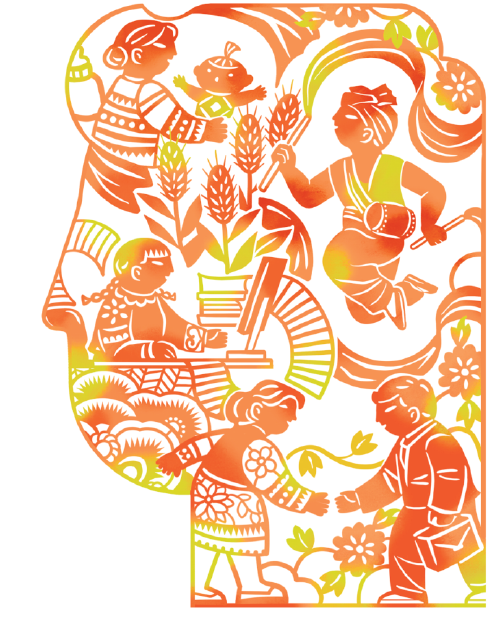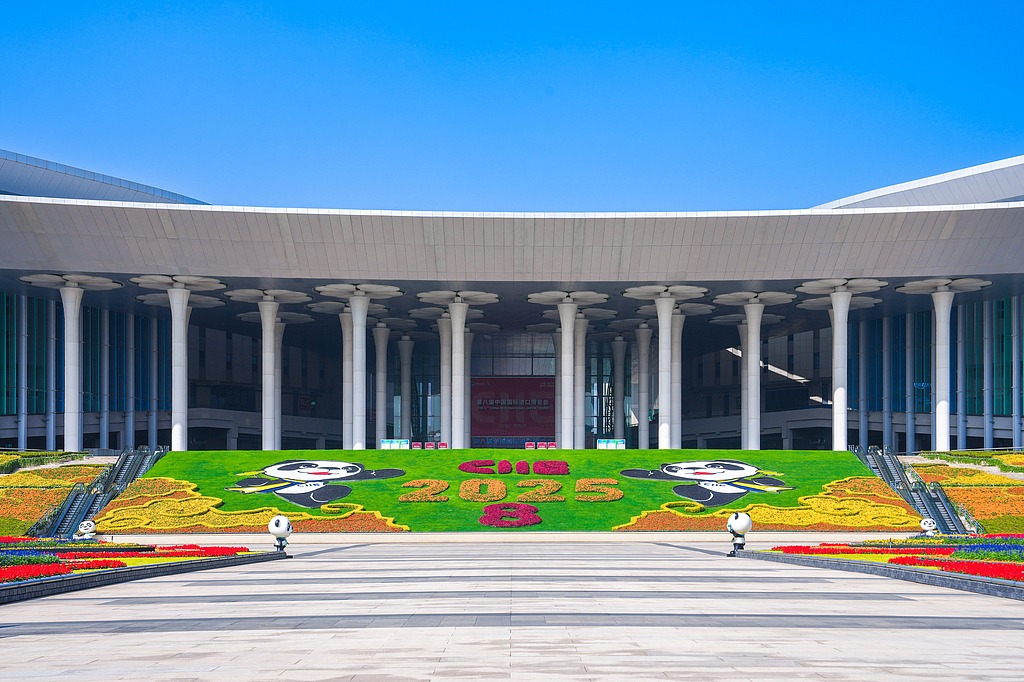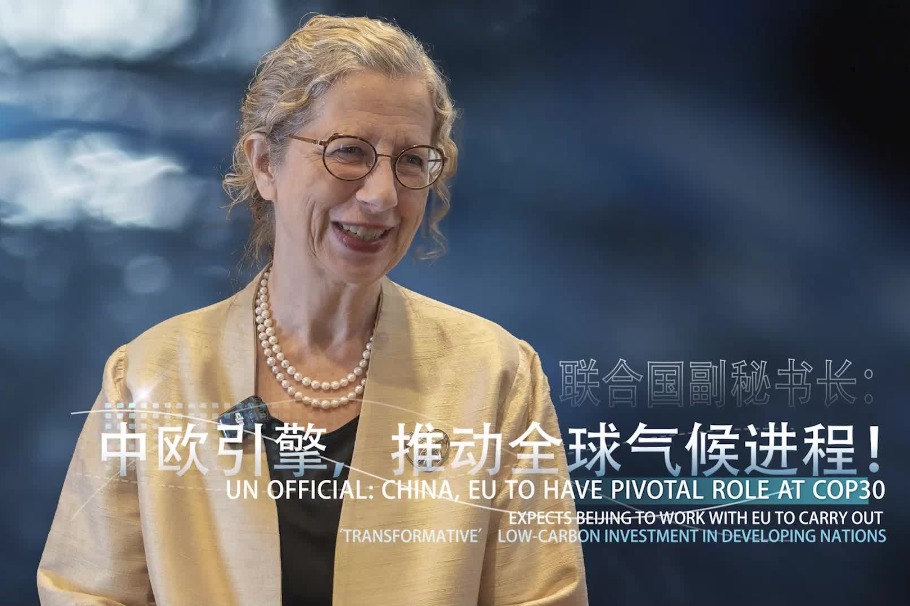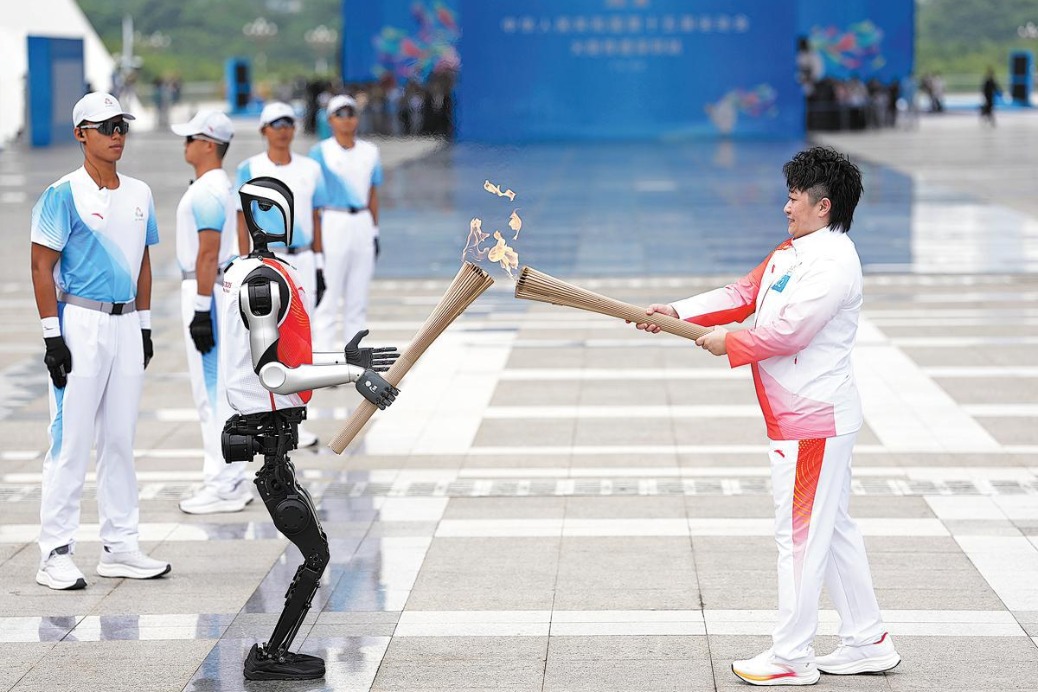A collective endeavor


China's democracy conforms to the traditional ideology of governance being people-oriented
Chinese democracy can be understood in two basic aspects. The first is the inspiration of Chairman Mao Zedong and his fellow revolutionaries, which is rooted in the New Democracy concept, a legacy of the struggle for emancipation. The second is the oriental inspiration rooted in the people-oriented thought of Confucius and Mencius.
For Mao, the New Democracy was consonant with the "People's Republic" in the name of the new country, which implied the gathering within a vast national united front of all the social classes which took part in the anti-imperialist struggle. As General Secretary of the Communist Party of China Central Committee Xi Jinping stressed on the occasion of the centenary of the CPC on July 1, saying that "We have constantly consolidated and developed the broadest possible united front, united all the forces that can be united, mobilized all positive factors that can be mobilized, and pooled as much strength as possible for collective endeavors."
This is the very heart of the Chinese system of socialism with Chinese characteristics, which is neither a simple slogan, as some critics of China claim, nor ideological and political tinkering which contents itself with amalgamating contradictory social and political forces.
It is a very concrete reality, linked to the history of China and the struggles of the Chinese people to get rid of feudalism and imperialism. Drawing inspiration from the history of the struggle for national salvation, the CPC gave each social and political force a specific role according to its effective contribution to the anti-colonial and anti-feudal struggle.
The main virtue of the New Democracy was to maintain a basic social consensus and harmony in the country. Despite the fact that reform and opening-up was contemporaneous with the neoliberal policies of the 1980s, the option of socialism with a market is now presented as the wiser choice. In just a few decades, China has built an industrial and productive urbanization that brings together 600 million human beings-two-thirds of whom have been urbanized in the past two decades, almost equivalent to the population of Europe.
The West had hoped that the opening-up of the 1980s would lead to the dissolution of Chinese system into globalization, privatization, commodification of everything and full liberalization. This Western prescription for China was in fact a pretext to weaken the country, since anarchic liberalization, savage privatizations and the imposition of a dissolving multiparty system are apt to atomize society, break the national consensus and to make social cohesion and harmony impossible.
The confrontation between China and the West is about choices. These choices are related to the value placed on reason in political, social and cultural processes; the concept of the individual; the status of property; the function of the state, among other things. On these precise questions, the choice of the West and its satellites is known. No need to insist.
When it comes to China, there is continuity between socialism and the principles of its traditional mode of production. Equipped with a powerful cultural tradition dating back to antiquity, Chinese civilization has succeeded in building an original ideological system. The latter exemplifies the knowledge, wisdom and rational thinking patiently constructed over thousands of years of effort and struggle, of failed trials and successes, of mistakes made and corrected, of temporary setbacks and meteoric advances.
Despite countless internal and external shocks, the Chinese nation has managed to maintain the racial, territorial, national, ideological and cultural basis on which the state was built in early times. One of the most remarkable phenomena in world history is China's linguistic, historical and cultural continuity.
The long history of the Chinese civilization gives the country's rise a solid foundation. The search for consensus, the quest for harmony, the rejection of warmongering, the connectivity of worlds, shared wellbeing, thus take on a deeper meaning.
In accordance with its centuries-old traditions, China has established a system of democracy that ensures not only its prosperity but also its stability. Here, people have no time to waste, and there is no money to waste, no political clients to pay. So they are content to apply what tradition has left them most precious, namely, consult each other, exchange arguments without complacency, seek compromises in equity, establish consensus according to the wishes of the greater numbers, to make fair decisions and thus to preserve social harmony and the unity of the people.
Democracy can be defined differently. There is procedural democracy championed by thinkers such as Joseph Alois Schumpeter and John Locke. This theory holds that the relationship between people and government is one of a trading of interests and that an election is the only legitimate source of authority. In this type of regime, the will of a few hundred people is given the veneer of popular approval by the illusion of choice given millions of voters. This is how the ruling merchants in societies of advanced capitalism have constructed and locked the system in their favor.
China offers a different model. It is obvious that in China, people want a democracy which in essence conforms to its own ideology of governance being people-oriented rather than the forms of democracy practiced in the West.
The contradiction between individualism and oppositional politics, as opposed to consultations and consensus as an intrinsic value of democracy, arises. The failures of the last decades could have prompted a rethinking of the system. The developing countries would benefit more from focusing on the original institutions of their societies rather than copying the ready-made recipes of liberal democracy. A country's political system is determined by the countries' realities, history and social development. The diversity of these systems reflects the diversity of human civilization and the different national conditions of countries.
The author is a member of the International Institute of Philosophy (Paris) and former vice-president of Codesria (Dakar). The author contributed this article to China Watch, a think tank powered by China Daily. The views do not necessarily reflect those of China Daily.


































